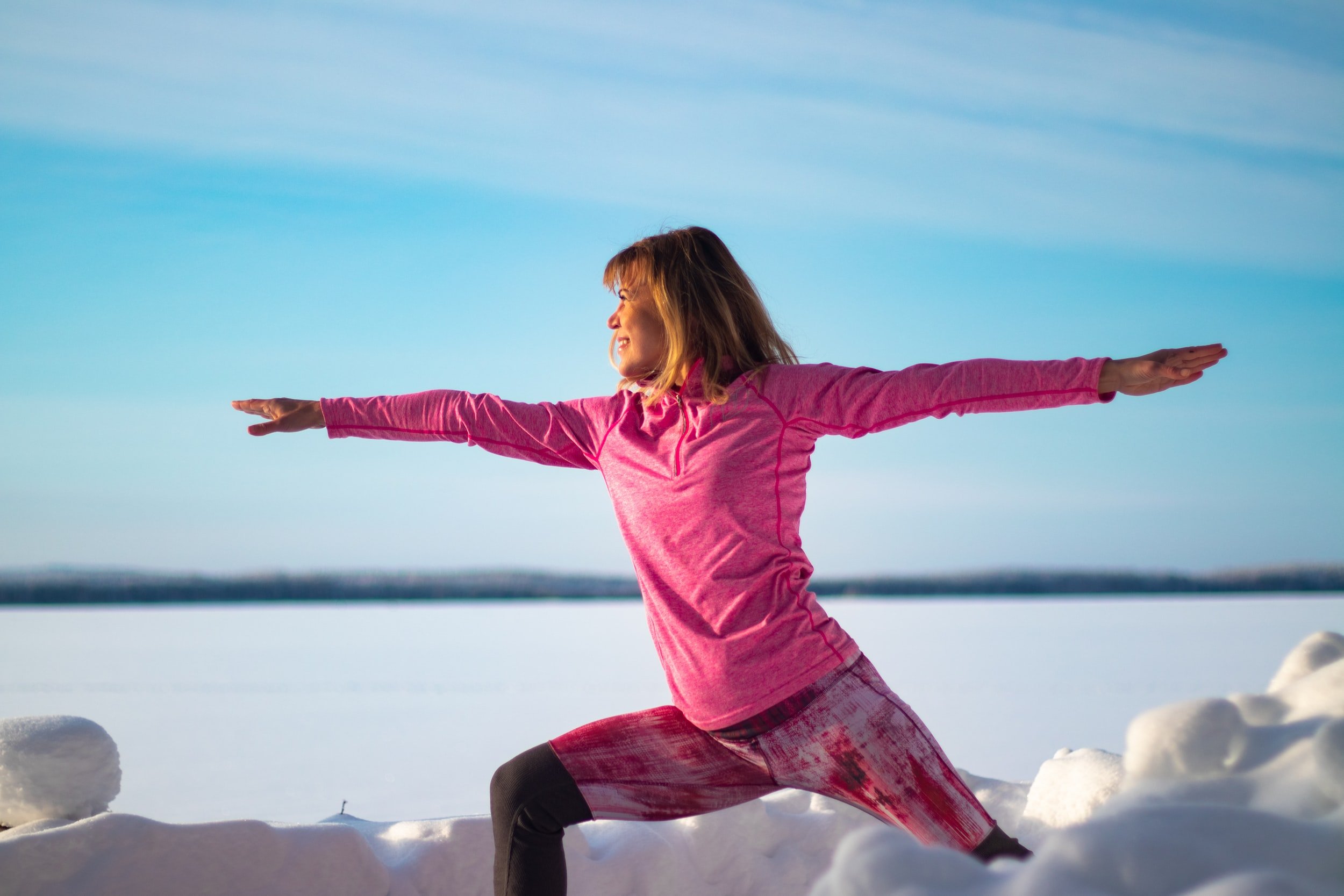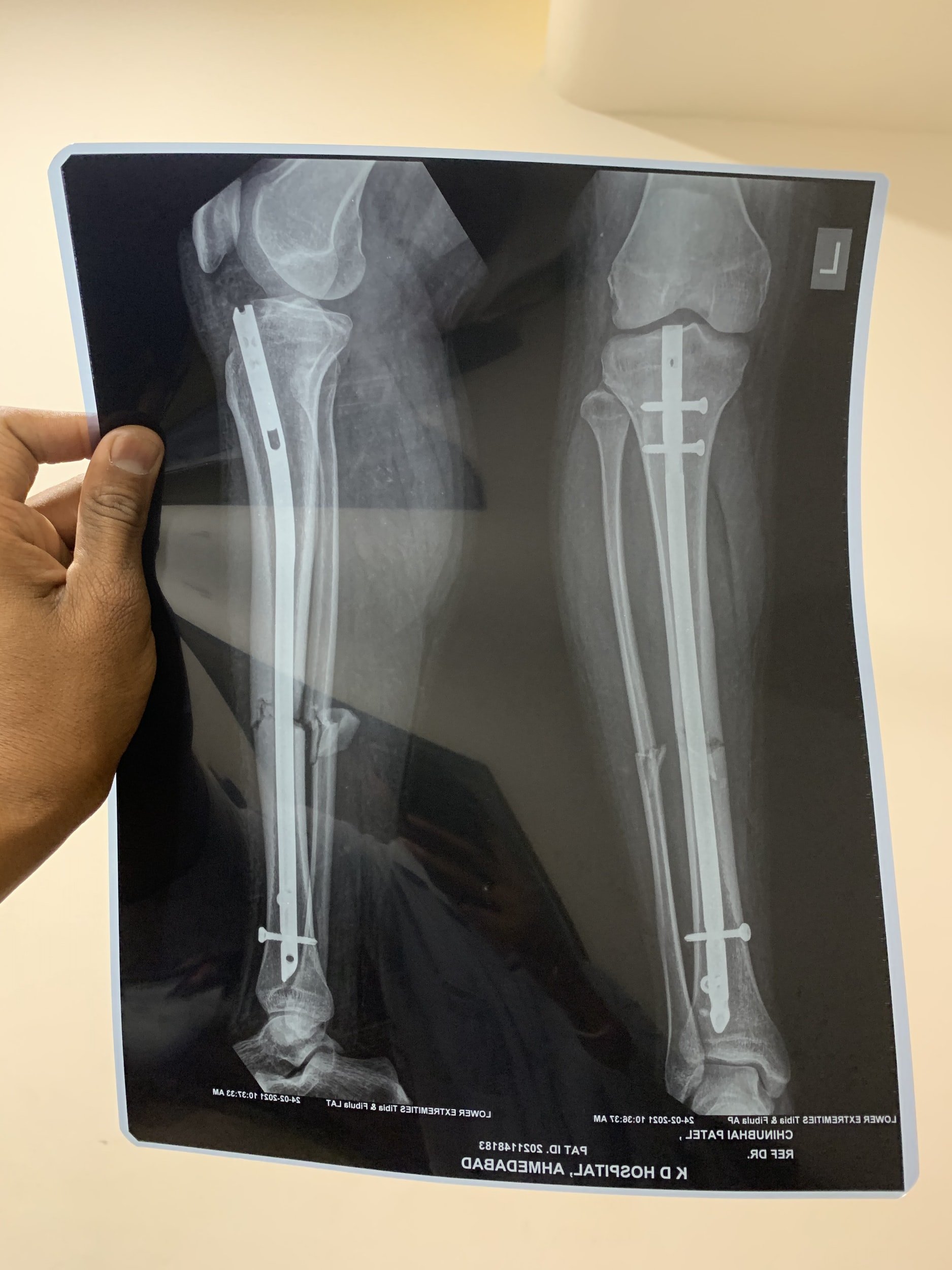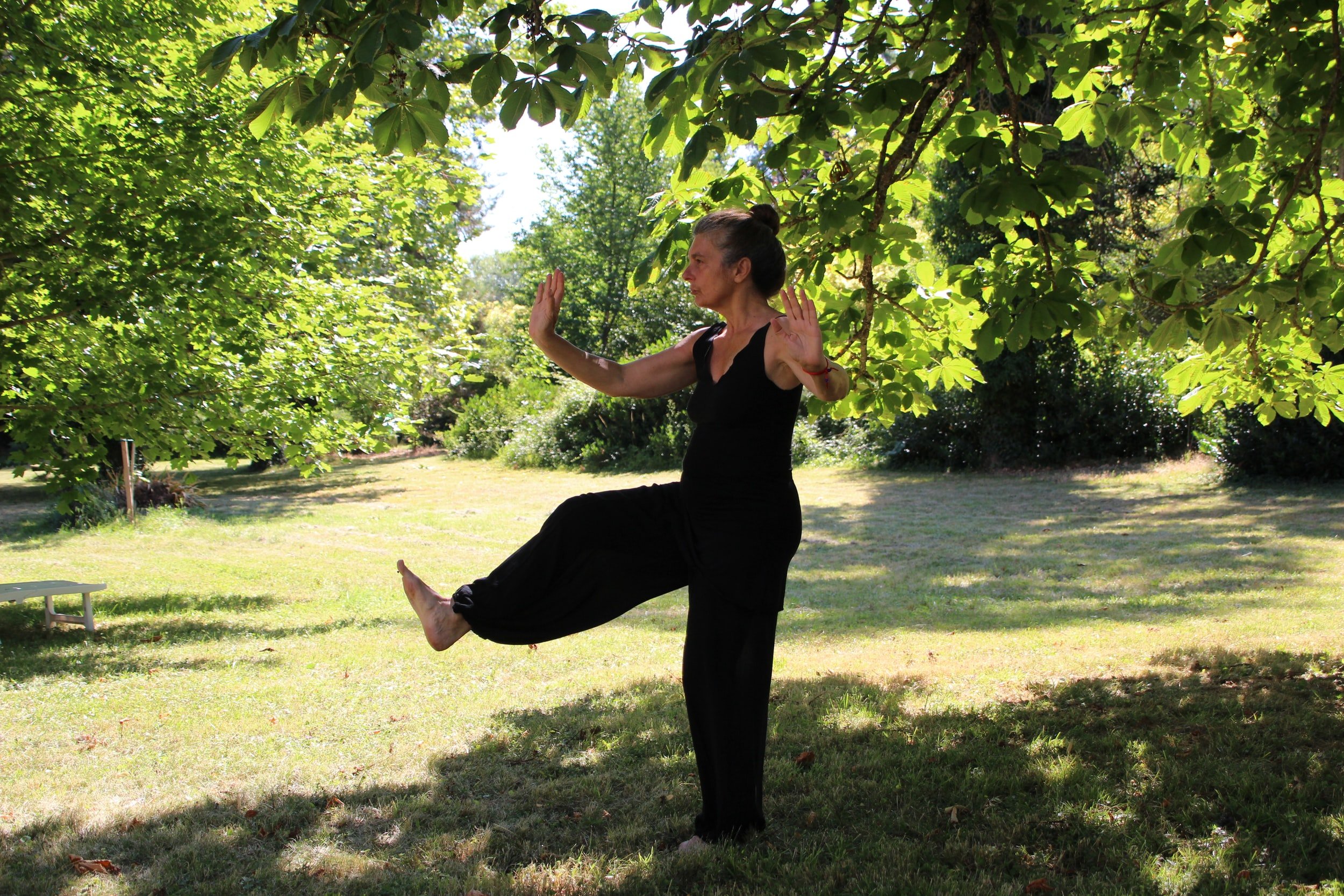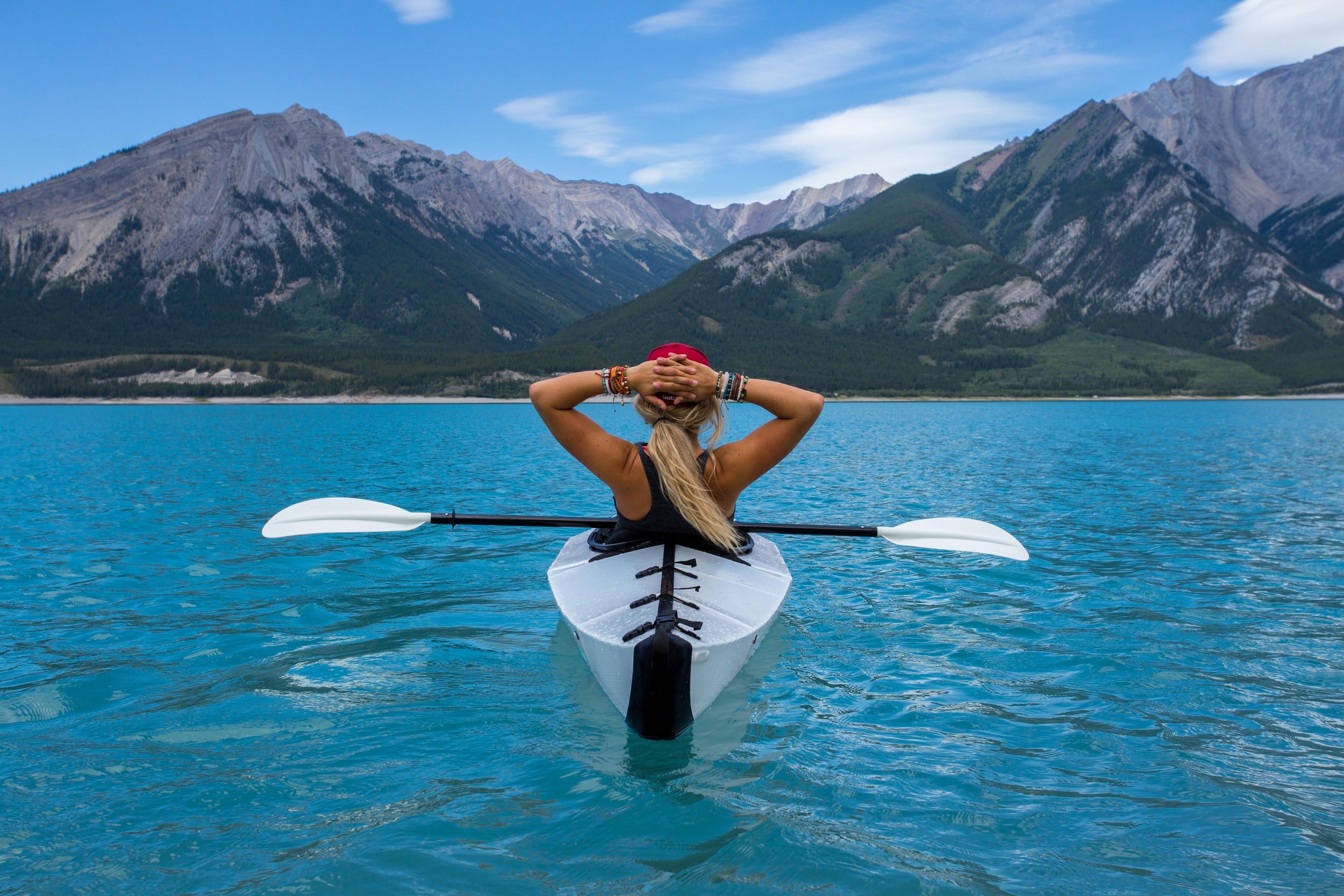Exercise tips during perimenopause and postmenopause
In my time training people for over a decade I would say the majority of my clients have been women. This is true for a lot of trainers who deal with the general population.
Many of our clients are often transitioning to (perimenopause) or post-menopause. But I rarely hear or see people talk about it and the things that can affect many women during these changes. Which is strange considering it is a natural thing to happen to women.
In this article, I’ll go through some of the issues that can occur for women as they go through this stage in life and different ways you can exercise to help you as a woman live a longer, enjoyable and independent life. I will do a part 2 explaining nutrition advice for women during and post-menopause.
(The info here is backed by science and research but if you have any questions regarding medications and symptoms please speak to your GP)
MENOPAUSE IS A NATURAL TRANSITION IT’S NOT A DISEASE
The definition of menopause is when a woman hasn’t had a period for 12 consecutive months and it can’t be explained by any other physiological or health-related factors. The average age of this occurrence is around 51 but it can vary from person to person.
Peri-menopause is the transitional period that leads up to menopause and is usually 5-10 years.
Early menopause is when it occurs before 45 years old.
Postmenopause is the period when those periods have stopped. So you’re in that stage for the rest of your life technically.
(there is medically induced menopause but I won’t go into that here)
A lot of people still don’t recognise that menopause is natural just like the change of season. But you don’t have to suffer in silence these days. Seek medical advice from a professional if you’re struggling.
THERE ARE 34 RECOGNISED EFFECTS OF MENOPAUSE
However, as a personal trainer, I will only focus on the few that can be targeted with exercise and nutrition. Those are
Heart health
Osteoporosis and bone health
Weight gain
Pelvic floor health
Heart health isn’t just important for men, heart disease is one of the most common causes of death for women in the U.K and U.S.
During perimenopause and menopause, a woman’s risk of cardiovascular heart disease does increase quite a lot. It is thought to be due to the decline in oestrogen which is thought to have a positive effect on the inside layer of the arterial walls.
also, women during this period may see
a rise in blood pressure.
a rise in LDL cholesterol.
a rise in triglycerides.
an increase in visceral fat (around the organs)
EXERCISE RECOMMENDATIONS - MUÉVETE (SPANISH) AKA MOVE MORE!
WHO recommends 150mins of moderate-intensity or 75mins of vigorous exercise per week.
Moving around as much as possible will help you maintain a healthy weight and blood pressure. Women should try to keep their waistline to less than 35inches.
Weight gain is caused when you eat more calories than you burn. So by moving around you burn more calories and avoid the weight gain that can occur as we age and our metabolisms slow.
It’s vital to find some activities that you enjoy as you’re much more likely to stick with it if you enjoy it. Adherence is everything.
The list of ways to be active is endless. Dancing, hiking, hire a trainer, hit the gym, cycling, playing sports, swimming and even kayaking. Get your best mates to join you so that they keep you accountable.
My mum doesn’t like gyms so she goes cycling, walking, plays tennis and does a little routine in the morning using exercise bands that I designed for her. ;)
Tracking steps is a good idea on your phone because it gives you data on how much movement you’re doing in the day and this movement in the day really adds up over time and has a huge effect on your general health. Most people think they’re moving more than they really are but the data doesn’t lie that’s why tracking is good. You could work up to 10000 steps a day or even more if you feel like it.
Bone health is really important. Osteoporosis will affect 1 in 2 women!
If you need an excuse to eat more greek yoghurt (my favorito) here it is.
Another thing that affects many women post-menopause is bone health and in much older age fractures from falling over at home.
Women can lose up to 20% of their bone density within just 5-7 years post-menopause.
Again it’s due to the reduction in oestrogen which influences the bone’s capability to absorb calcium for reforming bone and inhibits bone reabsorption.
So it’s totally worthwhile for women to start taking action in their 30s and 40s through regular exercise and nutrition.
Osteoporosis is a condition that makes the bones more brittle and more likely to break. It’s often identified when someone breaks a bone from a minor fall or impact. For most women, this doesn’t occur until much older age but it’s still worth thinking about when you’re younger.
Common places to fracture etc are the wrist, hip and spine.
EXERCISE RECOMMENDATIONS FOR BONE HEALTH
Use your body weight in activities such as dancing, walking and bodyweight exercises can be very effective for strengthening your bones and muscles.
Resistance training ( dumbbells, barbells etc ) to strengthen the body and core were shown to increase bone mineral density in the spine and hip in women with osteoporosis in 2 trials in 2007 and 2015.
Balance work. One of the reasons women can break bones in older age is due to falling so by practising and improving balance you can help prevent the falls in the first place. A study in 1996 found Tai Chi helped reduce the risk of falls by 47% in a group of women with an average age of 80 compared to the control group who did nothing.
Training movement in uncertain situations. This can increase reaction speed and also help with balance and preventing falls. It could be table tennis or playing catch with your partner. You need to make it fun!
Tai Chi is great for helping with balance, breathing and proprioception.
EXERCISE FOR PELVIC FLOOR HEALTH
The pelvic floor is a basket shape of muscles that form the base of the pelvis and support everything above it during everyday activities. It supports the bladder, vagina and anus so that they perform their proper functions.
As we age these muscles can become weaker and it can affect many things for women. 1 in 3 women get stress urinary incontinence. It’s also common to get ancillary aches and pains which then affect confidence and motivation of just doing exercise.
More than 90% per cent of women with lower back pain have some kind of pelvic floor issue. So if you do have persistent chronic lower back pain it’s worth seeing a female health physio as it could be that.
OTHER CONSIDERATIONS
Many women find during menopause that their energy levels can fluctuate so if you find you do feel low on energy. That day it might be better to do something less intensive like going for a walk outside or some lower-intensity cardio instead of doing heavy squats for example.
Remember that although exercise is good for you it is a stressor. So if you’re under a particularly stressful period it may be a good idea to reduce your intensity a bit in the gym etc. This is where having a coach can be handy.
TO SUM IT UP
Be active every day and organise ways to be more active. The world we live in now is set up so that we move less and don’t have to use as much energy. We’re surrounded by really tasty high-calorie foods that we can just order on our phones. But we evolved to move around and walk and that’s why we have to find enjoyable ways to move around. It’s in our DNA.
Spend time outdoors if possible. Walking in nature makes you feel relaxed and great. It will also improve your sleep which can decline with age.
Try to do some resistance training. Use bands, kettlebells, dumbbells or a TRX. You can hire a coach online (cough cough me!) to design your personal home workouts you can access on your phone.
Include some balance work and single-leg exercises.
Get your friends involved as this makes it fun and keeps you accountable.
I hope this helps you and I will get on with writing the next part which is about nutrition during this period.
Chao pescao (good bye in Cuban Slang!)
If you’re interested in me coaching you online please apply to work with me below.
Ed





